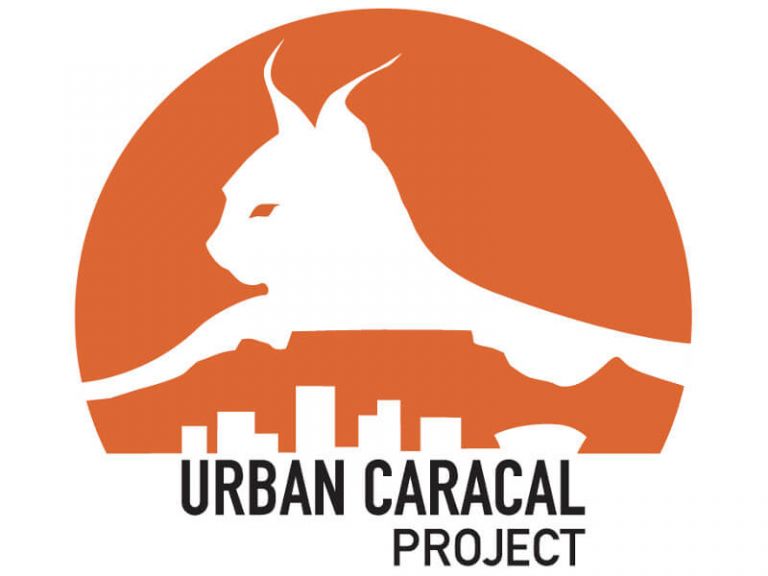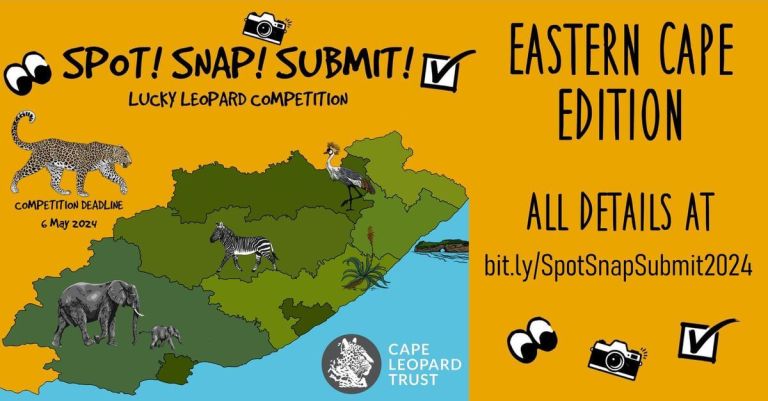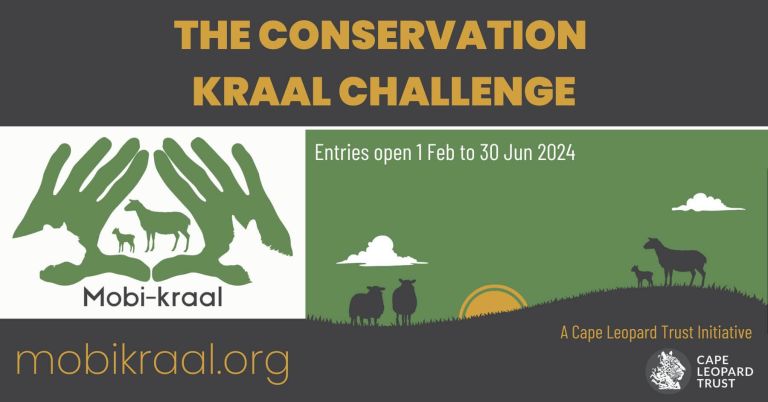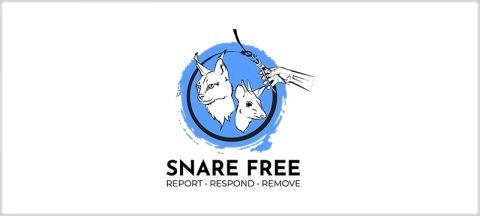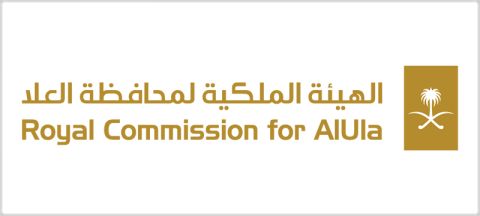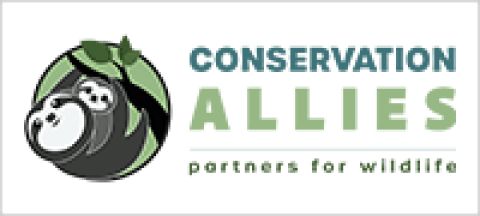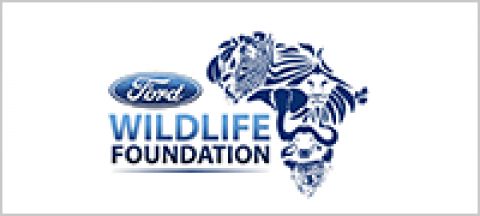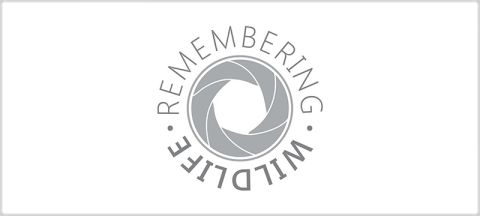The Urban Caracal Project began in November 2014 to investigate how the consequences of urbanization impact on caracals in the Cape Peninsula, throughout Table Mountain National Park and other green areas in Cape Town. Top predators, such as caracals in this system (no leopards present here), often function as keystone species – animals whose disappearance causes the increase in some species and the decline and extinction of others. Predatory species like caracals are therefore considered potential indicators of ecosystem health, and so more information about caracals in Table Mountain National Park and other green areas of the Peninsula will help us assess the health of the ecosystem as well as other wildlife.
Very little is known about the ecology of caracals in general, and nothing was previously known about the population status of caracals in the Cape Peninsula. The study is therefore important not only to generate baseline information about the biology of these charismatic and understudied wild cats, but also to evaluate how urbanization, an increasing global threat to biodiversity, is affecting wildlife populations in the Western Cape of South Africa. Accordingly, the findings of this study will be used to make conservation and management recommendations to local city and government agencies.
Our specific research and study goals and methods include
- Conduct a comprehensive ecological and behavioral study on the caracals of the Cape Peninsula to evaluate whether proximity to the urban-wildland interface affects caracal behavior. To meet this broad goal, we will humanely and safely capture caracals to place GPS-enabled radio-collars on individuals. Using the high-tech GPS radio-collars, we will evaluate fine-scale movement patterns, habitat preference, movement pathways, diet, and potential behavioral changes resulting from urban association. This will help us understand how isolation due to urbanization and habitat fragmentation may influence the behavior of this top predator in the Cape Peninsula and to make recommendations to help mitigate potential negative effects both within Cape Town and more broadly across South Africa in increasingly urbanizing areas.
- We will assess the genetic health of the caracal population. Within the Cape Peninsula and surrounds caracals inhabit patchy open space and the city itself is likely an absolute barrier to movement between populations inside and outside of the city. Over time, this isolation may lead to inbreeding that can have important consequences for the genetic health and long-term viability and persistence of caracals in the isolated Cape Peninsula. To investigate this the caracal populations genetic health, we will collect tissue samples at the time of capture, caracal fecal samples that we find while working in the mountains, and samples from dead caracals that are found in the Cape Peninsula and surrounding areas. We will use these samples to apply advanced molecular techniques in the laboratory of Jacqueline Bishop at University of Cape Town, and in collaboration with California Universities in the United States, to robustly investigate the impacts of urbanization on caracal genetics.
- We will investigate threats to the survival of caracals in the Cape Peninsula. Our work on our goals listed above will make an important contribution to meeting this objective, but we also hope to collect caracals found dead in the Cape Peninsula and surrounding areas. Using these animals, we will perform autopsies to determine cause of death. We will also collect samples to perform disease testing and to test for exposure to common poisons. This information will be key to understanding whether human-induced causes of death represent a major threat to caracals in the urban Cape Town area. If you find a dead caracal, please immediately report it to Dr. Laurel Serieys ([email protected]; 079-837-8814)
- We hope to develop a Citizen Science component to this project, and we would like to request your input and assistance! We have ideas that include recruiting volunteers to purchase and/or monitoring remote wildlife cameras. The cameras will be a useful way to not only identify the wildlife persisting in the Cape Town area, but also to examine how animals are using the urban wildland interface, and to learn how they are using the remaining green areas of Cape Town. Also please send us any caracal pictures you happen to take in the research area, if possible with GPS coordinates. We will then be able to share this with the Animal Demography Unit at UCT to add to the Mammalmap database.

